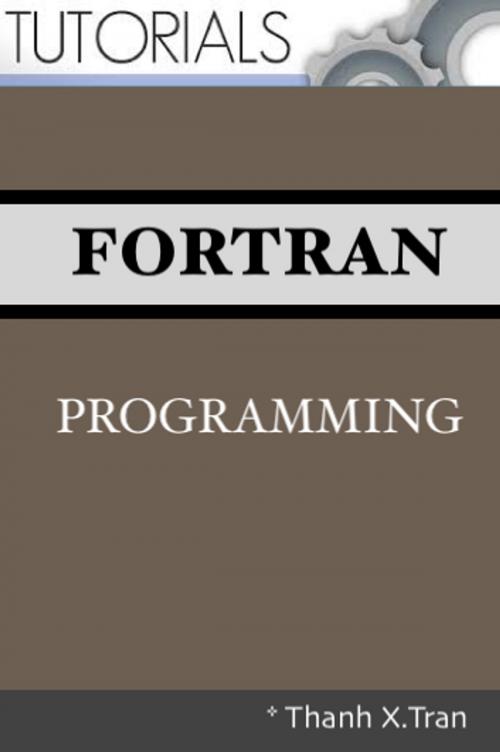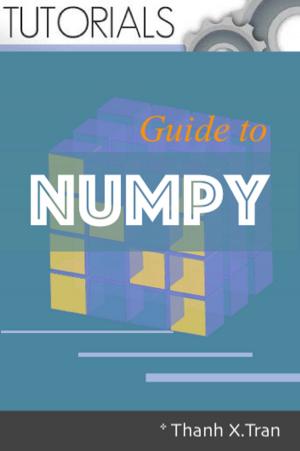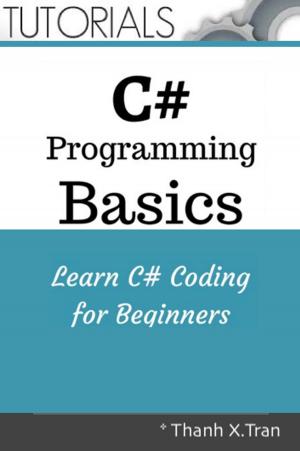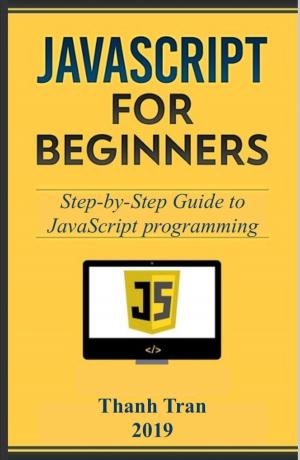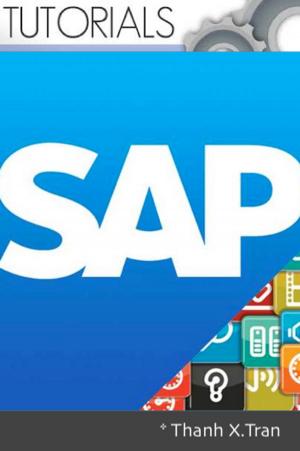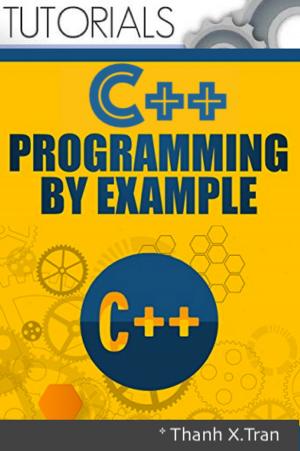Fortran Programming
Guide to Fortran Programming
Nonfiction, Computers, Programming, Legacy Languages, FORTRAN, Programming Languages| Author: | Thanh X.Tran | ISBN: | 1230003019924 |
| Publisher: | Thanh X.Tran | Publication: | January 6, 2019 |
| Imprint: | Language: | English |
| Author: | Thanh X.Tran |
| ISBN: | 1230003019924 |
| Publisher: | Thanh X.Tran |
| Publication: | January 6, 2019 |
| Imprint: | |
| Language: | English |
Fortran
Fortran was originally developed by a team at IBM in 1957 for scientific calculations. Later developments made it into a high level programming language. In this tutorial, we will learn the basic concepts of Fortran and its programming code.
This tutorial is designed for the readers who wish to learn the basics of Fortran.
This tutorial is designed for beginners. A general awareness of computer programming languages is the only prerequisite to make the most of this tutorial.
Contents:
- Overview
- Environment Setup
- Basic Syntax
- Data Types
- Variables
- Constants
- Operators
- Decisions
- Loops
- Numbers
- Characters
- Strings
- Arrays
- Dynamic Arrays
- Derived Data Types
- Pointers
- Basic Input Output
- File Input Output
- Procedures
- Modules
- Intrinsic Functions
- Numeric Precision
- Program Libraries
- Programming Style
- Debugging Program
Fortran
Fortran was originally developed by a team at IBM in 1957 for scientific calculations. Later developments made it into a high level programming language. In this tutorial, we will learn the basic concepts of Fortran and its programming code.
This tutorial is designed for the readers who wish to learn the basics of Fortran.
This tutorial is designed for beginners. A general awareness of computer programming languages is the only prerequisite to make the most of this tutorial.
Contents:
- Overview
- Environment Setup
- Basic Syntax
- Data Types
- Variables
- Constants
- Operators
- Decisions
- Loops
- Numbers
- Characters
- Strings
- Arrays
- Dynamic Arrays
- Derived Data Types
- Pointers
- Basic Input Output
- File Input Output
- Procedures
- Modules
- Intrinsic Functions
- Numeric Precision
- Program Libraries
- Programming Style
- Debugging Program
